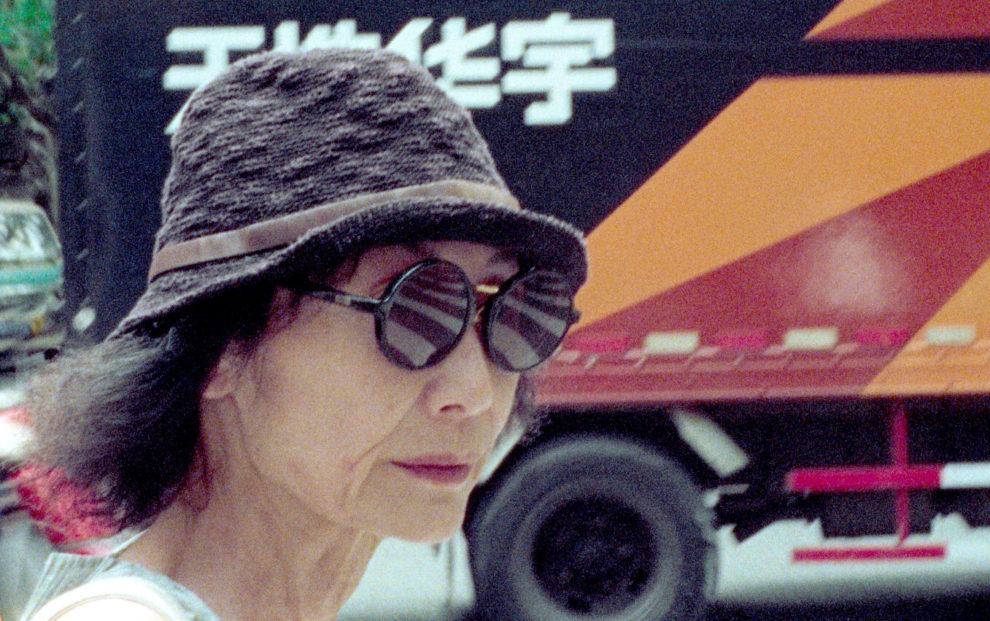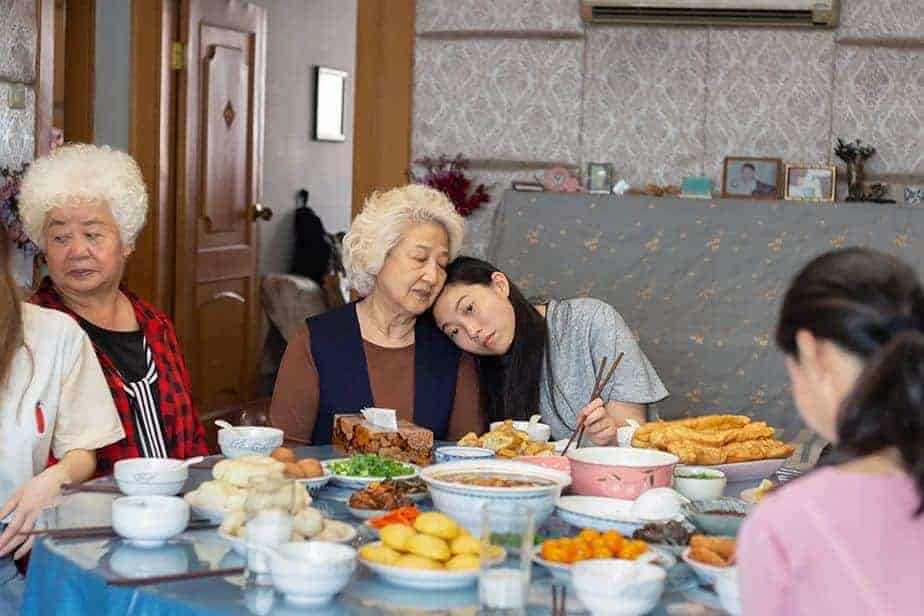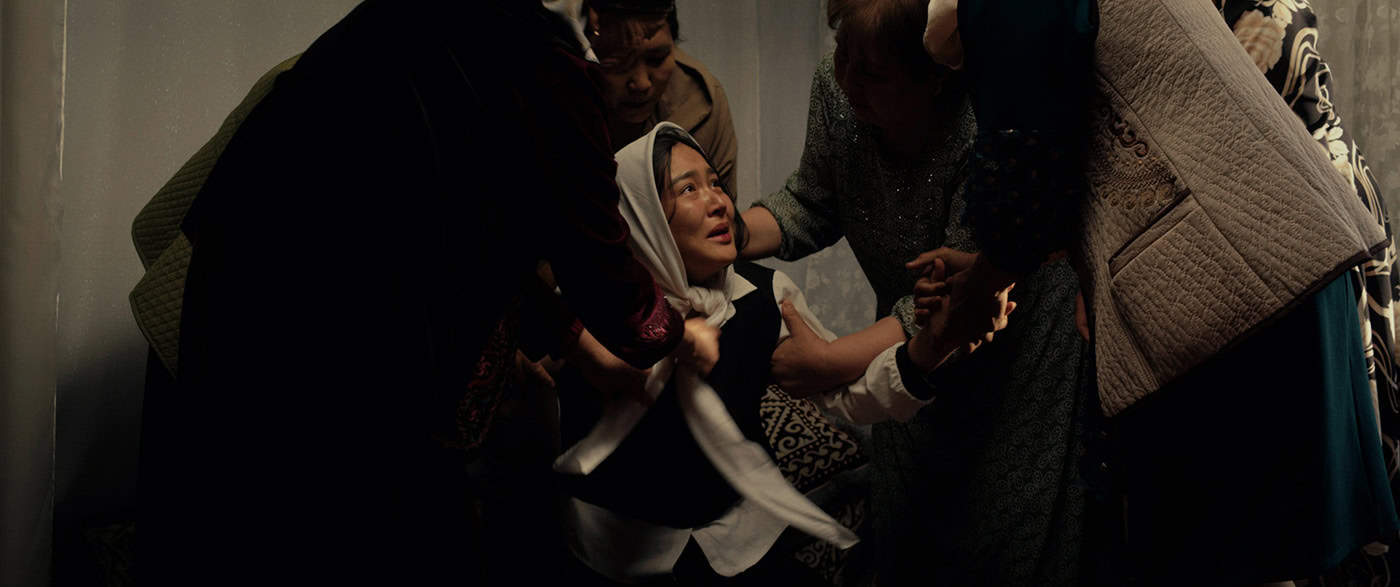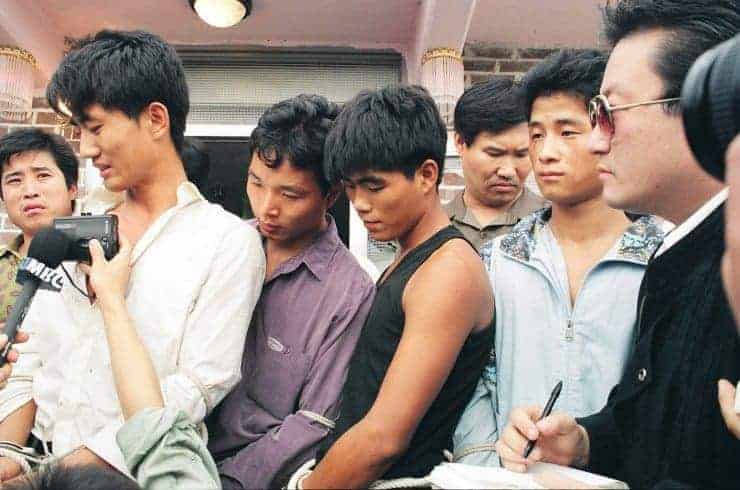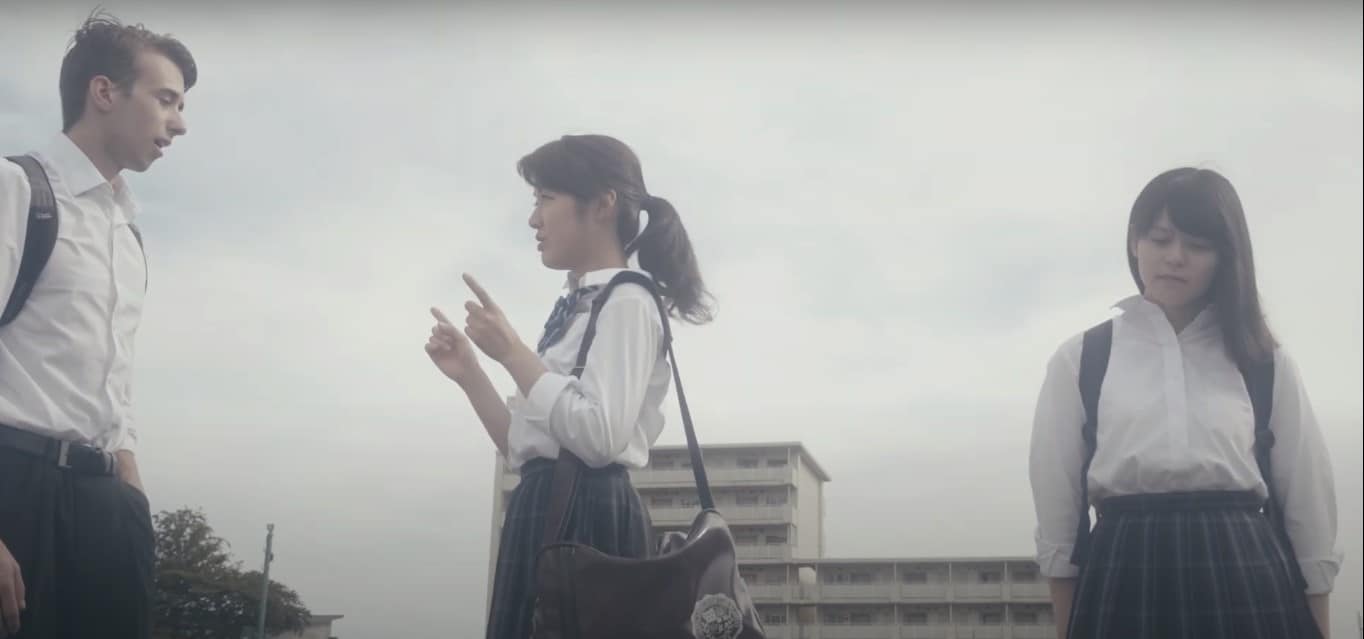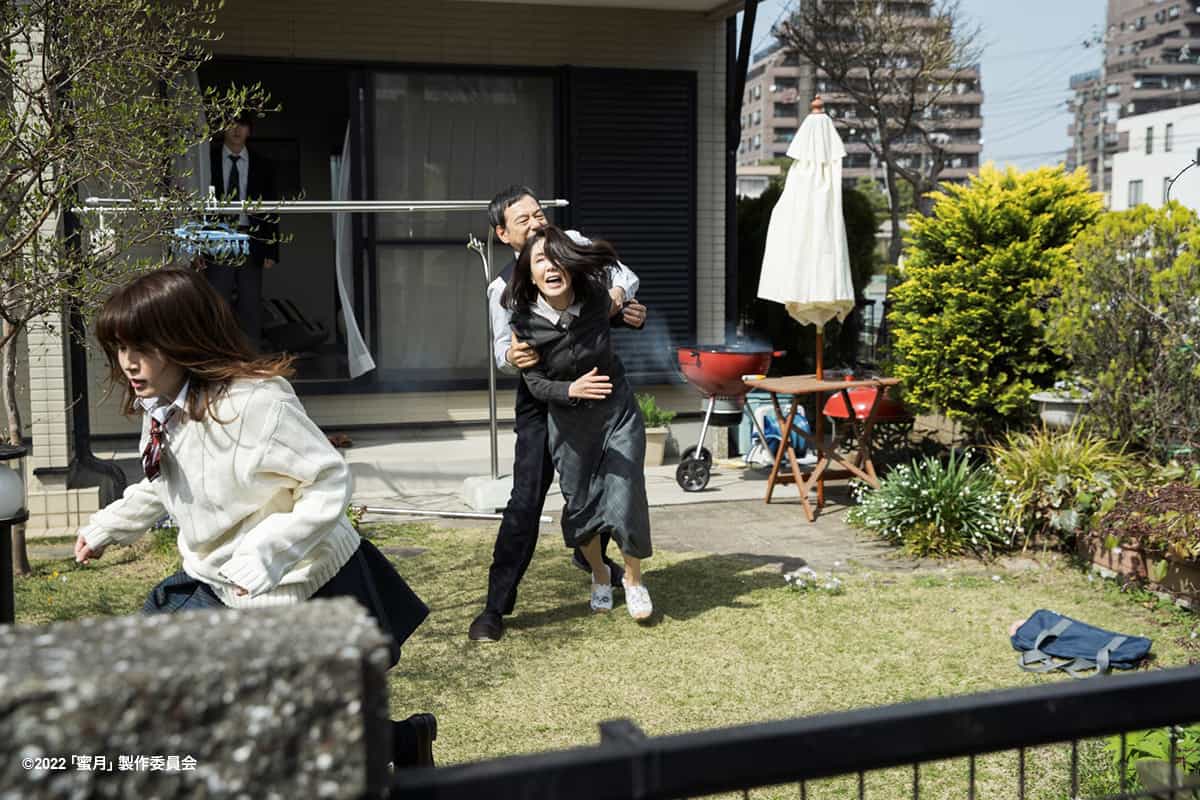Last weekend, “The Exiles” took home the Sundance Grand Jury Prize for US Documentary. In some ways, this victory is not so surprising. Though this is directors' Violet Columbus and Ben Klein's documentary debut, the New York University students possessed a compelling subject and mentor: Christine Choy. Choy – always seen with a cigarette in one hand and a glass of vodka in the other – stands as one of the behemoths of Asian American cinema today. In addition to her sixty-plus awards, she directed the Oscar-nominated documentary “Who Killed Vincent Chin?” (1988). Her other films likewise uncovered buried histories of Asian American suppression. From the 1880s railroads to 1992 LA riots to the model minority myth, her filmography touches upon a century's worth of Asian American history.
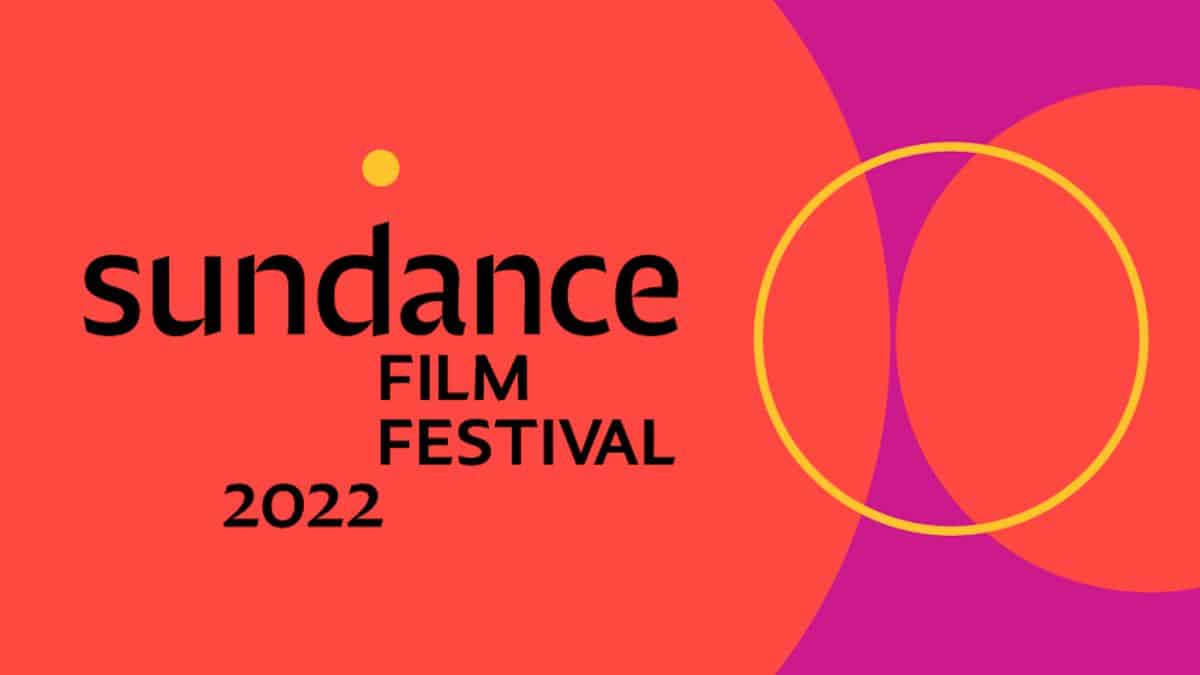
It comes as even less of a surprise, then, that Choy should have her own personal archive of the 1989 Tiananmen Square massacre. When Columbus and Klein investigate, she reveals she has a series of conversations with present-day exiles recorded on film. The trio then journey across the globe – from Taipei to Maryland to Paris – to revisit the exiles thirty years after the event. The crew, along with their subjects, connect the dots between China's past suppression of democracy to the current Uighur genocide.
In this way, “The Exiles” locates itself in a fundamentally American concern. Columbus and Klein loosely tie together their patchwork of topics under the grandiose heading of free speech. They oscillate regularly between past and present; they maintain a 16mm veneer to mix the timelines together on-screen. Any missing visuals are filled in by animated snippets of watercolor-graphite cutouts. Giving voice (and reviving memory, at that), they imply, is the prerogative of documentary. Or at least, it is within Christine Choy's own oeuvre: whether that is to combat the oh-so-white Oscars (and Sundance, cheekily enough) or the Chinese Communist Party's active suppression.
Choy's presence is almost overwhelming in this documentary, however, making one question how much voice her students may have actually possessed. Her charisma oozes through the film as both the interviewee and the interviewed. Compared to her relatively invisible directors, her presence is pervasive; even compared to the exiles, she soaks up the limelight. As a result, “The Exiles” devolves to be less about the actual exiles' biographies than Choy's project. She – possessing the privilege of institutional voice and the freedom of movement – ironically seems to take on the role of the film's third director.
As a whole then, “The Exiles” feels more star-driven than it does by its titular subject. On one hand, Columbus and Klein stitch together the old and new footage of the exiles skillfully. The film, they contest, is a testament to movies' ability to preserve the record. Is it groundbreaking though? Not quite. “The Exiles” reads as a hackneyed message about democracy. It is important and it is defiant – but it is ironically smothered by its premier iconoclast, Christine Choy. This pursuit for collective memory is lost within the whirlwind charisma of the individual.


